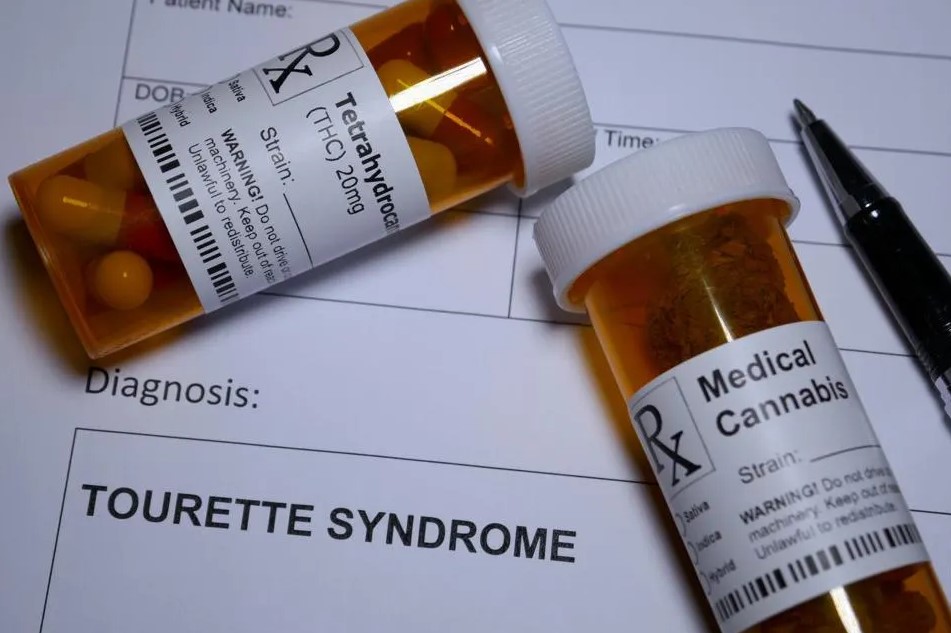Featured Products
CBD PRODUCTS


Be Pain Free Global is a trusted natural medicine provider making a difference in people’s lives worldwide.
Our reviews and testimonies speak for themselves. We focus on providing the best medicine and customer care for our clients
Learn more about our support process, how you can contact us at BPFG, and how we are here to help you.
We have a 10-business day replacement policy, and we take all inquires very seriously. We are committed to quality products for you.
The Ultimate Cannabis And Health Education Platform Presented By Be Pain Free Global.
At BPFG, we work hard on collecting relevant videos for cannabis consumer education.
Just cannabis? No. We are all about consciousness, vision, proper nutrition, and holistic health.
We have compiled great resources to help understand the benefits of cannabis for your health.
Check out what’s smoking on our strains and terpenes list. Featuring best strains curated by our editor.
Indica's are known for their calming and sedating properties, usually leading to munchies, and sleep.
Sativa's are known for their ability to produce energetic feelings and creating a positive uplifting euphoria.
Hybrids are a very popular with cannabis consumers due to the initial uplift followed by relaxation.
Every case is different and requires individualized care. We have some great tips for doctor reccomendations.
Join our collective with a valid California medical recommendation to gain access today
Get the details on how our affiliate program works and how you can benefit by referring others
Become a Be Pain Free Affiliate and earn lifetime commissions for your referrals


Taming Tourette Syndrome with Cannabinoids A neurological disorder that begins during adolescence causes tics, which surface in the form of sudden unwelcomed, uncontrollable, rapid and repetitive movements or vocal sounds, with noticeable motoric symptoms surfacing earlier than the abrupt vocal outbursts. The syndrome is more often seen in teenage boys, but girls are also affected. The tics associated with Tourette syndrome (TS) fluctuate in location, frequency, type and severity. “The first symptoms usually occur between the ages of 5 and 10 years, generally in the head and neck area.” TS is not a degenerative disease and those suffering with the
syndrome have a normal life expectancy, however, for some it can continue into adulthood and become more complex. It is estimated that, “350,000-450,000 U.S. children and adults have Tourette syndrome
and about one million have other persistent tic disorders.”
Facts about Tourette Syndrome:
• Tourette syndrome (TS) belongs to a spectrum of neurodevelopmental conditions referred to as Tic Disorders.
• TS and other Tic Disorders are not rare.
• Global prevalence is estimated to be 0.5%, with the highest rate of spread observed in the
Americas at 0.6%.
• Statically, subgroups showed highest prevalence within children and adolescents at 0.7% and
predominantly in males at 0.5%.
What causes TS? That remains a mystery, but it may include the interaction of multiple gene variations as well as environmental factors. Research into the cause shows evidence of abnormalities in various regions of the brain including the basal ganglia, frontal cortex and lobes. Additionally, the circuits and neurotransmitters, where the communication of neurons typically flow seamlessly in these pathways are also affected.
“Recordings of neuronal activity from multiple brain regions performed…during the expression of motor tics showed that tics are associated with phasic changes of neuronal activity throughout the corticobasal ganglia pathway, culminating in the disinhibition of the cortex and the release of a tic. This line of research provides a mechanistic description of the underlying neurophysiology of motor tics and may supply the much-needed infrastructure for methodical hypothesis-driven studies of novel clinical treatments.” Those novel treatments may include hemp-derived cannabinoids that connect to this region of the brain.
The basal ganglia (BG) region of the brain has the most cannabinoid receptor density. The cannabinoid receptors in the body are found in the endocannabinoid system (ECS). “The (ECS) is highly expressed in the Basal Ganglia (BG), which is a highly organized network of subcortical nuclei…” Thus, cannabinoids found in medical marijuana could be key in therapeutic treatment of TS. Research shows that the administration of plant-derived, synthetic or endogenous cannabinoids produces several effects on motor function, specifically through the CB1 receptors in the BG. “In severe Tourette syndrome, treatment with THC and CBD reduced tics and may reduce impairment due to tics, anxiety, and obsessive-compulsive disorder…” There are a variety of cannabis products available, such as tinctures with a 1:1 THC to CBD ratio, that could prove to work well in relieving tics.
Classification of tics and symptoms
Simple tics are sudden, brief, repetitive movements that involve a few muscle groups. They are more common than complex tics. Simple tics often precede complex tics.
Simple motor tics include:
• Eye blinking and other eye movements
• Facial grimacing
• Shoulder shrugging
• Head or shoulder jerking
Simple vocal tics include:
• Repetitive throat clearing
• Sniffing
• Barking
• Grunting
Complex tics are distinct, coordinated patterns of movement involving several muscle groups in different parts of the body. Complex motor tics might include facial grimacing combined with a head twist and a shoulder shrug.
Other complex motor tics may appear purposeful, including:
• Sniffing or touching an object
• Hopping
• Jumping
• Bending
• Twistin
Complex vocal tics may include:
• Repeating one’s own words or phrases
• Repeating others’ words or phrases (echolalia)
• Using vulgar, obscene, or swear words (coprolalia)
“Pharmacological agents that indirectly elevate endocannabinoid levels by inhibiting either their uptake or the intracellular degradation have been proposed as promising therapeutic agents for the treatment of diverse diseases including movement disorders,” such as tics caused by TS. Not only that, but medical marijuana is also taken by patients who cope with conditions associated with TS, such as anxiety, ADHD and depression. Cannabis hybrid strains like Coffee Creamer, Melonade and Critical Cure have a blend of phytocannabinoids that connect with ECS receptors and may provide relief for a variety of the conditions that arise with TS.
What are the most common conditions that coexist with TS?
• Attention Deficit Hyperactivity Disorder (ADHD)
• Obsessive Compulsive Disorder or Behaviors (OCD/OCB)
• Chronic anxiety
• Learning disabilities
• Behavior and/or conduct issues
• Sleep disturbances which may lead to lethargy during the day
• Deficiency of social skills and/or social functioning
• Sensory processing issues—related to touch, taste, smells, sounds, or movement.
• Developmental Delays
• Autism
• Depression
Currently, there is no cure for TS but treatments are available to help manage some symptoms. Prescription medications for TS may include:
• Medications that block dopamine (haloperidol and pimozide)
• Alpha-adrenergic agonists primarily for hypertension (high blood pressure)
• Stimulant medications
• Antidepressants
As with any medical conditions, finding the appropriate dose and drug is vital for relief.
Be Pain Free Global Is A Recognized Leader In The Medical Cannabis Space. If you would like to learn more about Be Pain Free Global, how to get your medical recommendation, or how to join our collective, you can reach out to us via the chat button on our website, or call us at 1-888-420-3848.